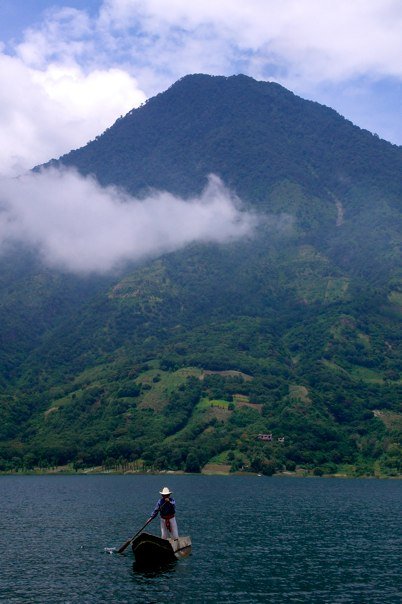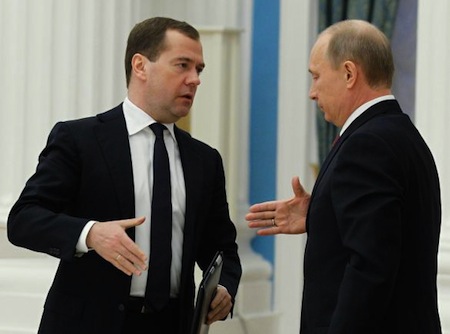
Central America was a rough neighborhood during the Cold War.
And Guatemala, with a civil war that essentially began with the overthrow of elected president Jacobo Árbenz Guzmán (with U.S. support) in 1954, and ended only with a peace treaty in 1996, was particularly rough.
Even in that context, however, the reign of Efraín Ríos Montt in the early 1980s, again backed by the United States, was a particularly brutal one.
Ríos Montt, however, this week became the first ever head of state to be tried for genocide in the Western Hemisphere, when a Guatemalan judge ruled that the trial will go forward — authorities charged Ríos Montt in early 2012 with genocide and crimes against humanity for, particularly, 1,771 deaths of indigenous Ixil Mayans during his 17-month reign, but really over 10,000 deaths in 1982 attributed to Ríos Montt’s regime — it’s a trial that could bring about a greater awareness of the atrocities committed not only in Guatemala, but throughout Central America during the Cold War, as well as the complicity of the United States in some of the most brutal events in Latin American history in the 20th century.
Ríos Montt, now aged 86, continues to argue for amnesty under the basis of a 1996 amnesty, but his lawyers have been accused of using legal tactics to bring about additional delays in the case.
Under international law, crimes against humanity and genocide have been considered to be exempt from national amnesty statutes, and indeed, even under Guatemala’s 1996 national conciliation law, genocide, torture and forced disappearances are expressly exempt from amnesty.
Today, the misty mountain air of Lake Atitlán in the Guatemalan highlands is best known for tourism rather than terror (pictured above). Towns like Huehuetenango and Santiago Atitlán, in 2013, are better known as a source of fair-trade coffee than as a site of genocide.
But 30 years ago, the Guatemalan highlands saw some of the worst atrocities of the Guatemalan civil war. Continue reading Former Guatemalan dictator Ríos Montt to be tried for genocide →


